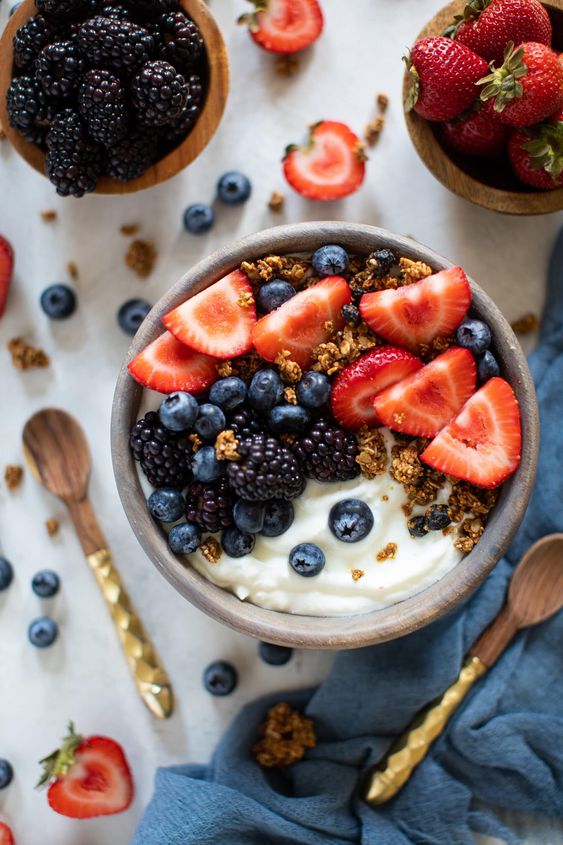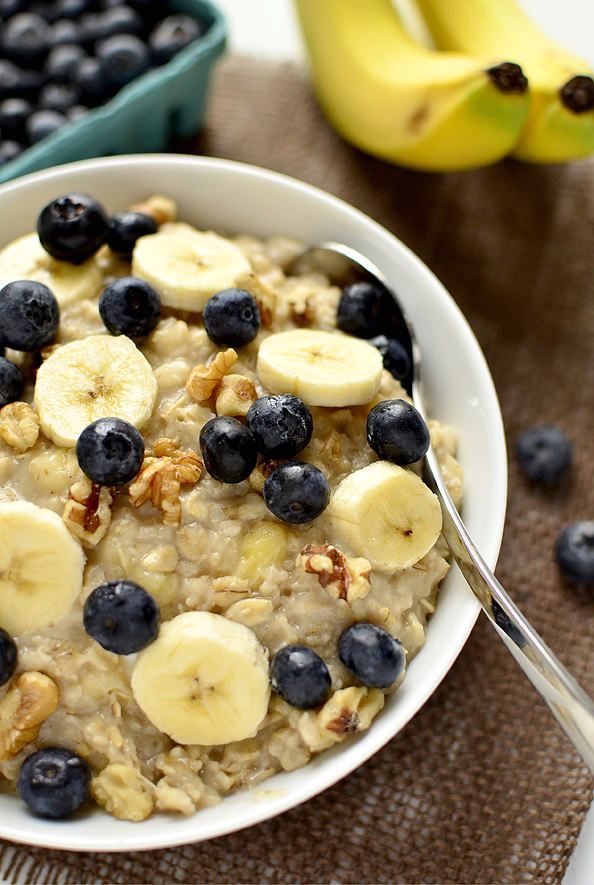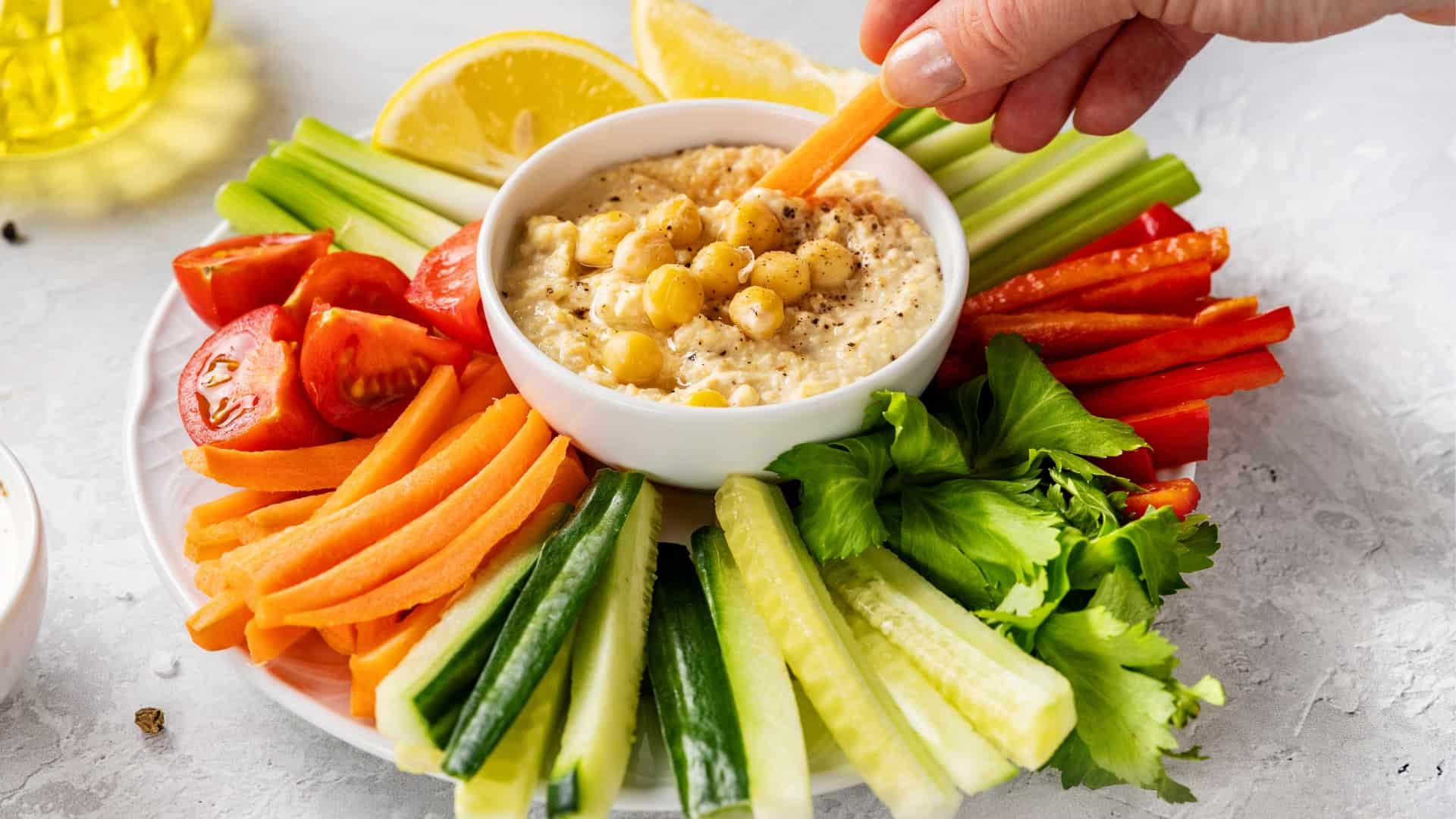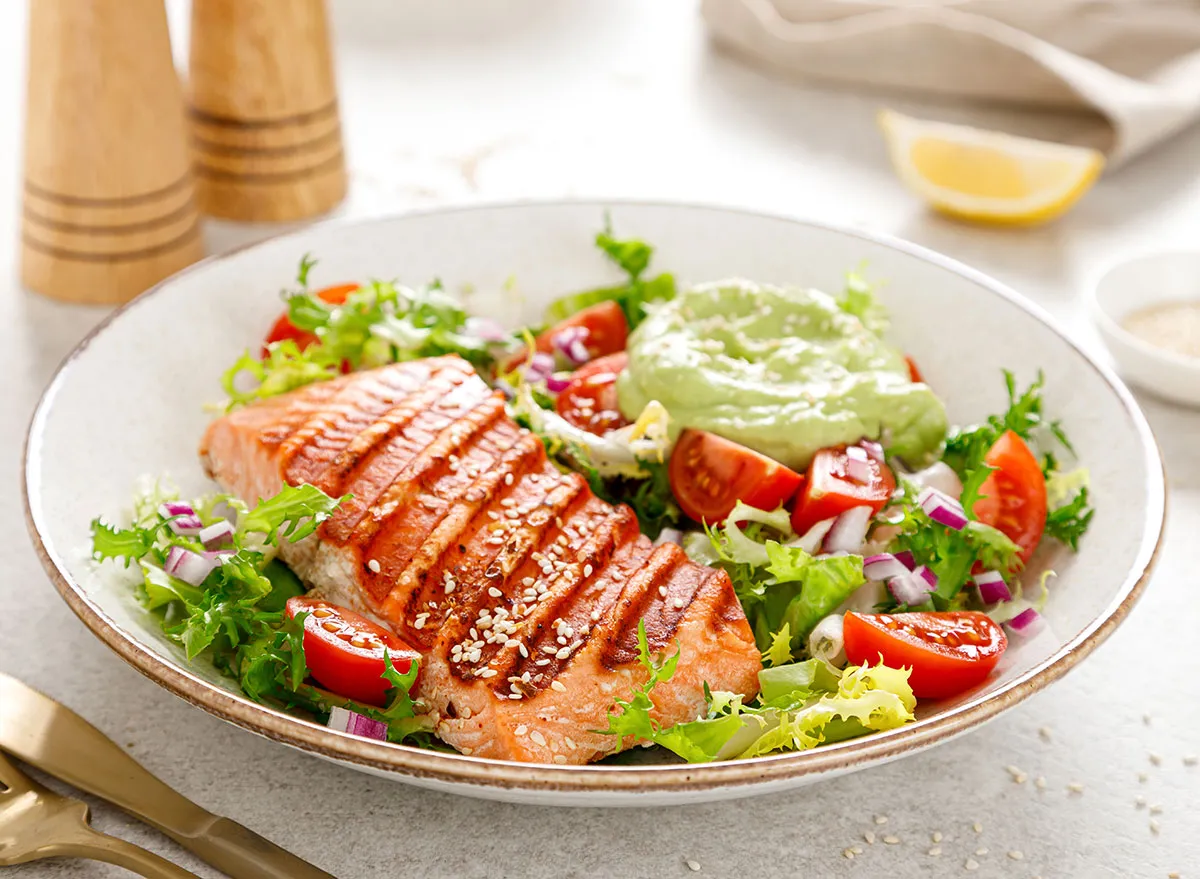Finding ways to sweeten your meals can be challenging, especially with all the concerns about sugar’s effects on health. Many people want to reduce their sugar intake without sacrificing flavor. Exploring sugar alternatives can help you enjoy sweetness while maintaining a balanced diet. From natural sweeteners like honey to plant-based options like stevia, there’s a wide range to choose from.
Choosing the right sugar substitute can make a big difference in your overall health. These alternatives allow you to enjoy desserts and beverages without the added calories and risks associated with processed sugars. You’ll gain insight into the healthiest options and learn how to incorporate them into your daily meals.
When you start using sugar alternatives, you’ll notice changes in how you feel and how you enjoy your food. Making informed choices about sweeteners can enhance your cooking and support a healthier lifestyle.
Key Takeaways
- Sugar alternatives can help you reduce sugar intake without losing flavor.
- Natural sweeteners offer health benefits compared to refined sugars.
- Understanding different options empowers you to make healthier choices.
The Sweet Dilemma: Sugar and Its Impact
Sugar plays a significant role in your diet, but it’s important to understand its effects on health. Many people consume more sugar than recommended, which can lead to serious health issues.
Understanding Sugar and Its Roles
Sugar is a type of carbohydrate that provides energy. It comes in many forms, including table sugar (sucrose), refined sugar, and added sugar found in processed foods.
You may also encounter different types of sugars:
- Glucose: Quickly raises blood sugar levels.
- Fructose: Found in fruits, metabolized differently.
- Lactose: Present in dairy products.
Both white sugar and refined sugar lack nutrients. The World Health Organization (WHO) recommends limiting your intake of added sugars to about 10% of your daily calories. For a 2,000-calorie diet, this is about 50 grams or 12 teaspoons.
Health Implications of Sugar Consumption
High sugar intake is linked to several health concerns. Regularly consuming too much sugar can result in obesity, which is a risk factor for type 2 diabetes and heart disease.
The American Heart Association suggests limiting added sugars to 6 teaspoons (25 grams) for women and 9 teaspoons (38 grams) for men each day.
Excess sugar affects blood sugar levels and can cause spikes and crashes, leading to cravings for more sugar. Over time, high sugar consumption can also contribute to other health problems, including:
- Increased fat storage
- High triglycerides
- Fatty liver disease
Being mindful of your sugar intake can help you avoid these risks and maintain a healthier lifestyle.
Discovering Sugar Alternatives
Finding the right sugar alternative can enhance your meals without sacrificing flavor. You have many options, including natural sweeteners and artificial sweeteners. Each type brings its benefits and challenges, which can help you make informed choices.
Natural Sweeteners – An Overview
Natural sweeteners come from plants or other natural sources. Honey and maple syrup are popular choices, both offering distinct flavors. Honey contains fructose and glucose, while maple syrup is rich in minerals. You might also try stevia, a plant-based sweetener that is notably calorie-free. Another option is dates, which provide natural sugars and fiber.
Other natural sweeteners include molasses and agave nectar. Molasses is a byproduct of sugar processing and contains iron and calcium. Agave nectar, derived from the agave plant, is sweeter than sugar but has a high fructose content. These alternatives can add sweetness without the refined sugars found in many products.
Artificial Sweeteners and Sugar Alcohols
Artificial sweeteners are man-made and often much sweeter than sugar. Sucralose, aspartame, and saccharin are among the most well-known. They provide a sweet taste without calories but may cause digestive issues for some people.
Sugar alcohols like erythritol, xylitol, and sorbitol are common sugar substitutes. They contain fewer calories than sugar and have a lower glycemic index. Erythritol, for example, is about 70% as sweet as sugar and has minimal impact on blood sugar levels. However, consuming too much can lead to digestive discomfort.
Decoding Labels: Types of Sugar Alternatives
When choosing sugar alternatives, reading labels is crucial. You’ll find terms like nutritive sweeteners and high-intensity sweeteners. Nutritive sweeteners include natural options like honey and sugar alcohols that provide calories. In contrast, high-intensity sweeteners like stevia and sucralose offer sweetness with few or no calories.
Also, pay attention to blended products, which may combine sugar alcohols with artificial sweeteners for flavor. Understanding these terms helps you navigate choices better. Knowing the difference between each type empowers you to select sweeteners that align with your health goals.


The Role of Sugar Alternatives in Diet
Sugar alternatives can play an important role in your diet by helping you manage weight and control blood sugar levels. They also offer a way to enjoy sweetness without the drawbacks of traditional sugar.
Weight Management and Sugar Substitutes
Using sugar substitutes can be a helpful strategy for managing your weight. Many sugar alternatives have fewer calories than regular sugar. For example, erythritol contains zero calories, making it a common choice for low-calorie diets.
By replacing sugar with alternatives like agave syrup or coconut sugar, you can lower your overall calorie intake while still enjoying sweet flavors. This can be particularly beneficial if you are trying to avoid obesity or lose weight. Just be mindful, as some substitutes can still contain calories, so moderation is key.
Sweetening Without the Spike: Glycemic Index Matters
The glycemic index (GI) measures how foods affect your blood sugar levels. When you consume high-GI foods, your blood sugar can spike, which may lead to cravings and increased hunger later. Sugar substitutes often have a low glycemic index, helping you avoid these spikes.
For example, stevia and xylitol have minimal effects on blood sugar compared to table sugar. This property makes them appealing for those managing diabetes or preventing heart disease. You can sweeten your coffee, tea, or baked goods without worrying about high glycemic responses.
Incorporating Alternatives into Everyday Foods
Incorporating sugar substitutes into your diet can be easy and enjoyable. You can use them in various foods, such as oatmeal, baked goods, and desserts.
For example, adding applesauce can naturally sweeten recipes while providing moisture. Rice syrup and fruit juices can also add sweetness to sauces and marinades.
Experiment with different alternatives to find what works best for your taste. The aim is to replace sugar wherever possible while maintaining flavor and satisfaction. Enjoy delicious meals without the extra calories or sugar spikes.





